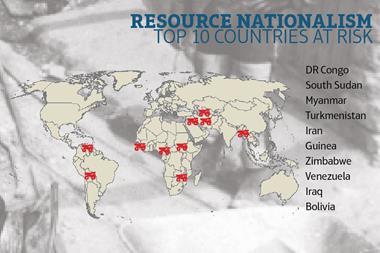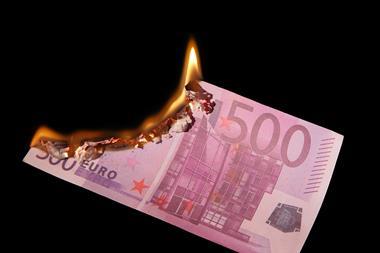Aviva, BT and others call on the UK Government to fight the rising costs for essential raw materials with a new renewables strategy

In a open letter to the UK Government, some of the UK’s biggest businesses have called on Chancellor George Osborne to deliver on his commitment to be “the greenest ever” administration.
The Aldersgate business group call for a credible growth strategy that catalyses investment in renewables and energy efficiency, spurring the economic recovery.
The signatories to the letter include Aviva, BT, Cisco, Diageo, IKEA, M&S, Microsoft, PepsiCo, National Grid, RWE Npower, Siemens, Worcester Bosch, Reed Elsevier, Anglian Water, Philips and Grant Thornton.
They argued that businesses are facing rising costs for essential raw materials and minerals and safeguarding the environment will lead the way to a more competitive and resilient economy.
This, they say, contradicts the Chancellor’s comments that “if we burden businesses with endless social and environmental goals – however worthy in their own right – then not only will we not achieve those goals, but the businesses will fail, jobs will be lost, and our country will be poorer.”
Signatories to the letter expressed a need for consistent policies to speed up the transition to a sustainable economy, a credible growth strategy that catalyses investment in renewables and energy efficiency and a decision making framework where environmental, social and economic goals are integrated and complementary.
Peter Young, chairman of the Aldersgate Group, said: “The Chancellor’s view that businesses and jobs will be lost in the pursuit of green goals seems to signal a return to a 1980s view of the environmental performance of the economy as a net cost, and to row back from previous statements made by this Government. On the contrary, as this letter makes clear, good environmental performance is now a prerequisite for economic competitiveness and growth in a resource constrained world.
“The UK is falling behind in the green economy race, investing 0.15% of GDP in clean energy, compared to 1.4% in Germany. A comprehensive growth strategy, coupled with more consistent messages across Whitehall, would drive investment and help build more secure jobs.”




















No comments yet